Contact info: (852) 3480 4230, info@smartcity.org.hk
Submission of Advisory Paper for Building a Smart City in Hong Kong
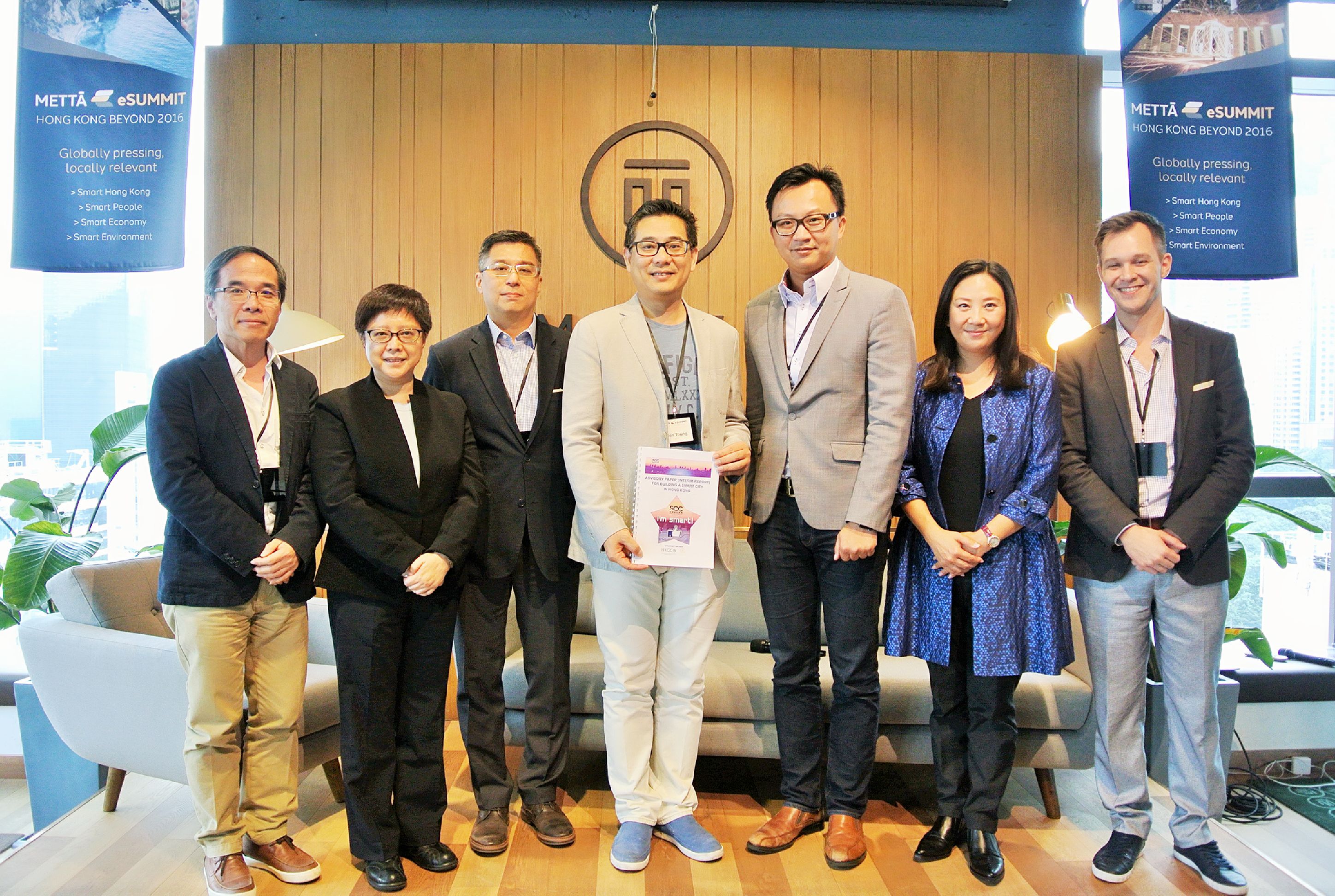
One of the missions of Smart City Consortium (SCC) is to advise the Government on formulating policies and standards for Smart City development. In response to the Government’s initiative on drafting a Smart City Blueprint, we carried out a five-week consultation including 2 public engagement workshops starting in August to collect public views, industry opinions and expert advice on the topic. With the collaborative effort from all parties, an advisory paper with solid suggestions and strategies has been completed and submitted to the Office of the Government Chief Information Officer in October.
This is SCC's interim report in which the advice is categorized into different areas, including spatial-data, energy management and green technologies, FinTech innovations, open data, innovation and entrepreneurship, smart government and smart economy, smart living environment, electronic identities (eID), electronic health records (eHR), cyber security and smart mobility.
As stated in the executive summary of the interim report, in order to build a smart city successfully, public engagement is essential as we need the participation of various stakeholders from society. In other words, the future development of a smart city should be led by citizens, not by technologists nor government.
That's why we advocate to adopt Vision Zero as the long-term goal for smart city development. Swedish Parliament introduced the concept of Vision Zero in 1997 seeking to secure public participation in reducing fatalities and serious injuries in city streets. The principle in mind is people-oriented with no pre-set limit to its development. We believe that Vision Zero is not only applicable to transportation, it is also an ultimate goal for our smart city strategy.
To showcase how smart city initiatives can really improve our lives, we suggest 10 public-private partnership (PPP) projects on smart environment (eg. plastic recycling and refuse collection, lighting and parking, etc.) smart living (eg. sensor network for health monitoring, the use of bus stop and phone booth to perfect Wifi coverage, etc.), smart mobility (real time traffic monitoring while protecting privacy) and smart people (how to grow talents) to be implemented as soon as possible.
Since smart city development is a multi-disciplinary topic that requires the engagement of different Government departments, we therefore suggest "the Government to establish a high-level committee" with the full support of the Chief Executive and all departments to follow up on the smart city agenda and to ensure an integrated policy planning, development and implementation. We also believe that a smart city coordinator should be appointed under the Innovation and Technology Bureau to accelerate communication and information exchange among Government officials and Bureaus.
A final report of the advisory paper is scheduled to be released in mid 2017.
Smart City is one of the Government’s major ICT initiatives. As outlined in the 2016 Policy Address, the Government is currently in the process of developing a smart city blueprint for the territory.
This is SCC's interim report in which the advice is categorized into different areas, including spatial-data, energy management and green technologies, FinTech innovations, open data, innovation and entrepreneurship, smart government and smart economy, smart living environment, electronic identities (eID), electronic health records (eHR), cyber security and smart mobility.
As stated in the executive summary of the interim report, in order to build a smart city successfully, public engagement is essential as we need the participation of various stakeholders from society. In other words, the future development of a smart city should be led by citizens, not by technologists nor government.
That's why we advocate to adopt Vision Zero as the long-term goal for smart city development. Swedish Parliament introduced the concept of Vision Zero in 1997 seeking to secure public participation in reducing fatalities and serious injuries in city streets. The principle in mind is people-oriented with no pre-set limit to its development. We believe that Vision Zero is not only applicable to transportation, it is also an ultimate goal for our smart city strategy.
To showcase how smart city initiatives can really improve our lives, we suggest 10 public-private partnership (PPP) projects on smart environment (eg. plastic recycling and refuse collection, lighting and parking, etc.) smart living (eg. sensor network for health monitoring, the use of bus stop and phone booth to perfect Wifi coverage, etc.), smart mobility (real time traffic monitoring while protecting privacy) and smart people (how to grow talents) to be implemented as soon as possible.
Since smart city development is a multi-disciplinary topic that requires the engagement of different Government departments, we therefore suggest "the Government to establish a high-level committee" with the full support of the Chief Executive and all departments to follow up on the smart city agenda and to ensure an integrated policy planning, development and implementation. We also believe that a smart city coordinator should be appointed under the Innovation and Technology Bureau to accelerate communication and information exchange among Government officials and Bureaus.
A final report of the advisory paper is scheduled to be released in mid 2017.
Smart City is one of the Government’s major ICT initiatives. As outlined in the 2016 Policy Address, the Government is currently in the process of developing a smart city blueprint for the territory.
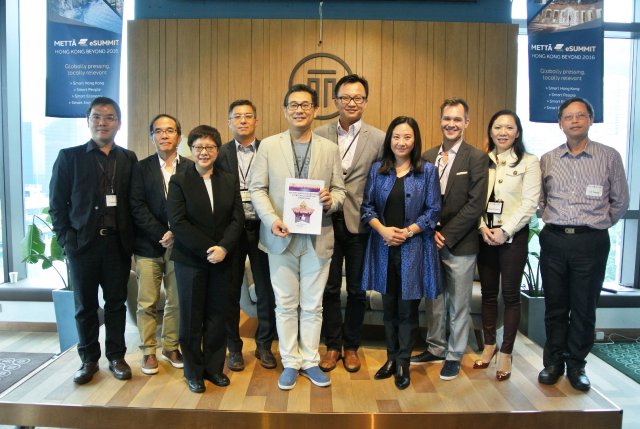 |
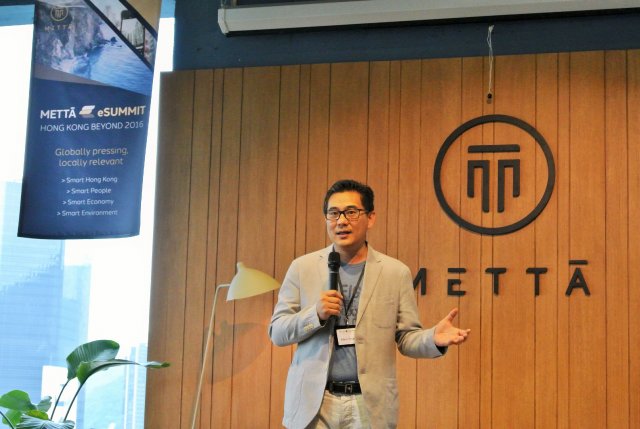 |
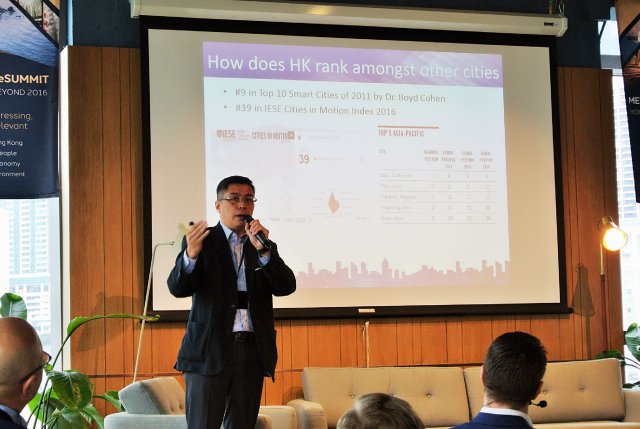 |
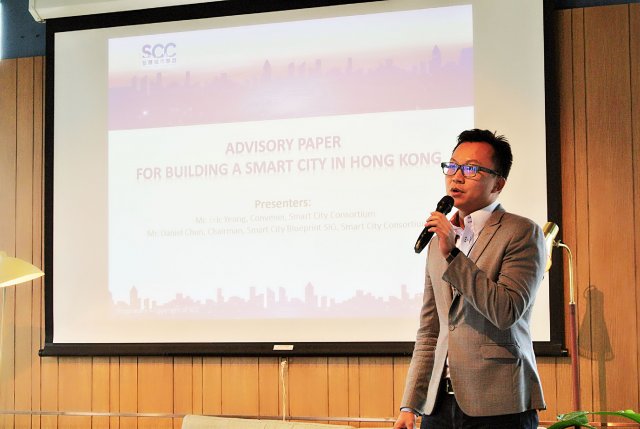 |
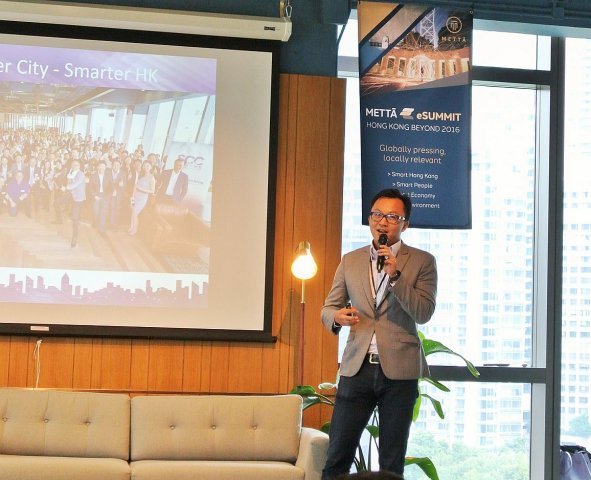 |
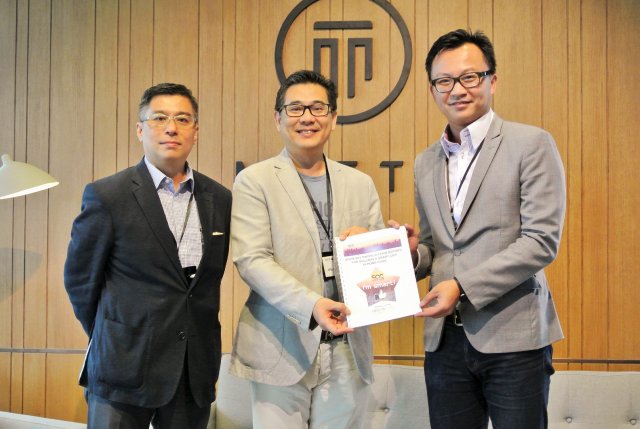 |
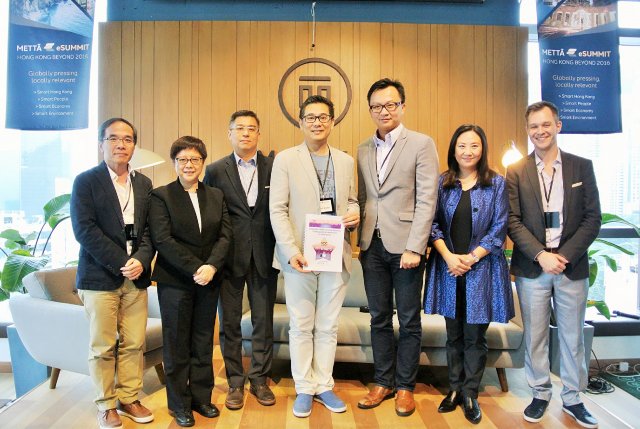 |
